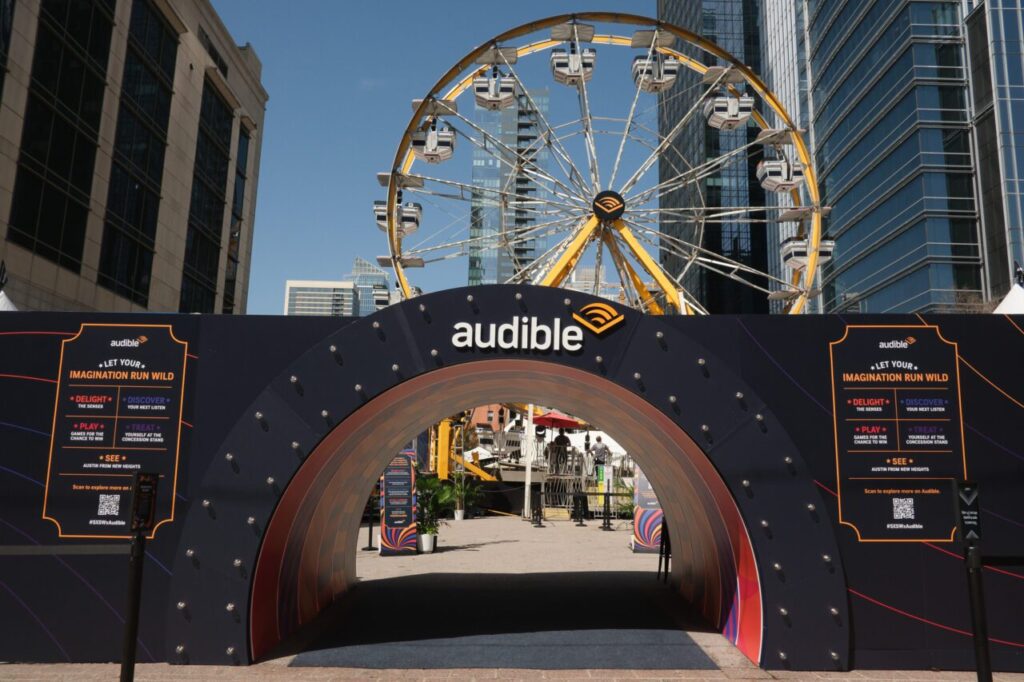Fulfillment spending fell 15.0 percent to $3.2 billion in 2001, according to PROMO estimates based on industry sources. Experts blame lower consumer response rates and fewer offers overall, due in great part to the dot-com implosion.
Traditional marketers ran more promotions, but scored lower responses rates with them. Fewer dot-coms meant less need for traffic-building, so the low-value, high-volume offers that drove activity in 2000 have almost vanished.
Numerous fourth-quarter projects were postponed following Sept. 11, and shops didn’t see the usual holiday bump. The terrorist attacks and subsequent anthrax scare proved a double-whammy for mail-in offers. Activity began to pick up in first quarter 2002, especially for rebate and premium offers.
Fulfillment houses expect a lot of business to be up for grabs soon as the long-term contracts of a number of packaged goods companies expire; outsourcing increases as marketers continue to pare internal staff; and clients squeeze suppliers for price deals.
“In 2001, we saw more RFPs than in any previous year,” says the ceo of a leading fulfillment house. “This created significant opportunities to win new accounts, but it also put considerable pressure on prices as we defended our current accounts. Purchasing departments, rather than marketing departments, are now driving the vendor decision processes.”
The Internet continues to be a boon for the back-end. This year, experts expect Web-enabled gift certificates and paperless refunds to continue gaining popularity. Watch for more “self-serve” customer service as marketers trim costs by controlling variables and costly activities like live-operator response.
“Companies that proactively partner to [cut costs] may suffer reduced revenue-per-consumer-interaction — but will gain greater client loyalty,” says one exec.
New Tricks
Offline, marketers are adding a new twist to contest and sweepstakes fulfillment by using celebrities and special events to announce winners. Wireless telecom Cingular tapped Sugar Ray lead singer Mark McGrath to call concert-trip winners as part of the company’s tour sponsorship package.
Regulators will keep up the scrutiny, especially of games and sweepstakes. Florida remains the most aggressive, pressuring marketers to award all prizes. That affects all national sweeps (unless they’re void in the Sunshine State) and has made some fulfillment difficult, especially for trip prizes.
Some winners began turning down trips out of fear after Sept. 11, but most typically decline prizes because of tax liabilities. That forces marketers to seek alternate winners, and often go through several rounds of attempts before a prize is awarded.
This year, insiders expect to see more customer management programs, continuity programs, and cash-based incentive programs.
Watch for subtle changes that address consumer security and privacy concerns this year. After the 2001 anthrax scare, Cottonwood Enterprises mailed out 4,000 prizes in plain cardboard boxes. Winners didn’t recognize the Bozeman, MT, address and called the company to complain. Since then, all packages are stamped “Sweepstakes Prize Enclosed” and carry Cottonwood’s phone number in the return address.
SNAPSHOT
- Fulfillment fell 15.0 percent as business from dot-coms dried up.
- Traditional marketers ran more programs but garnered lower consumer response.
- Several big reviews will prompt fulfillment houses to bid more on price.
 Network
Network

